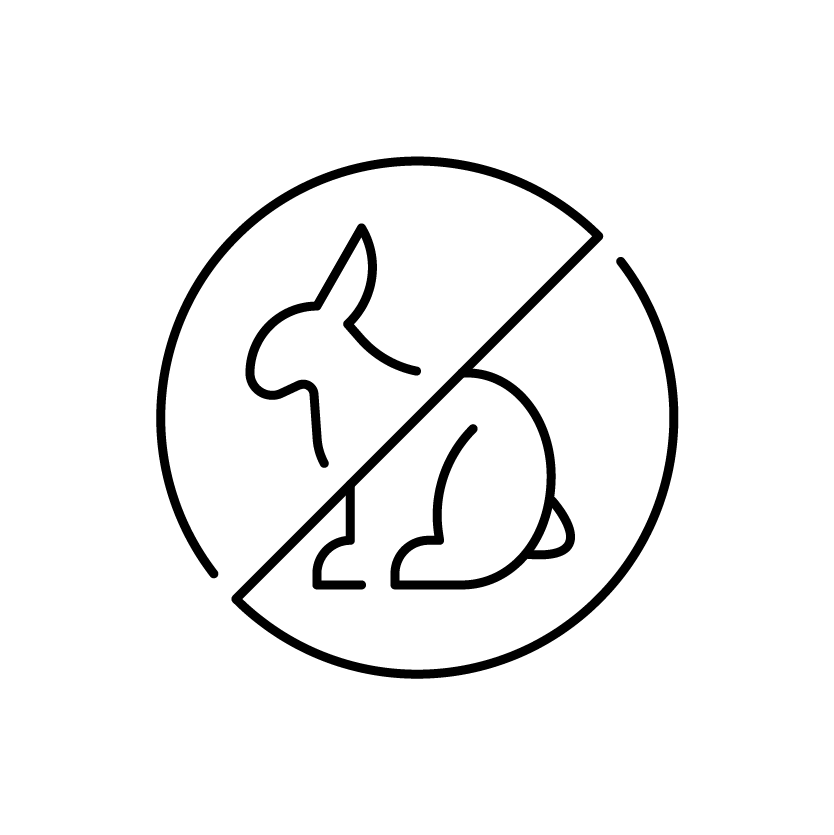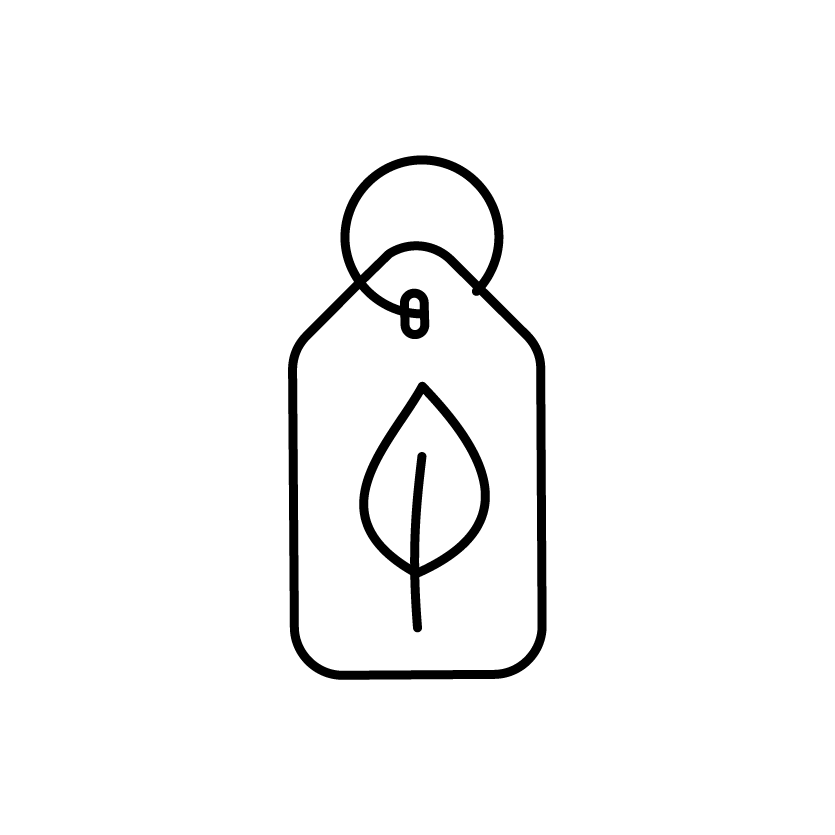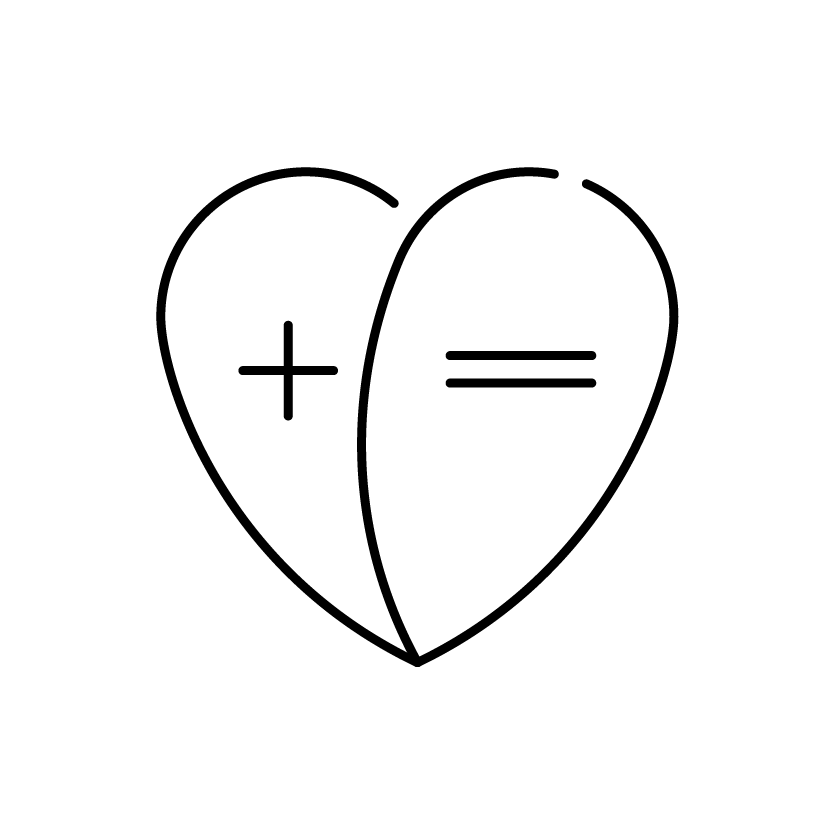Location
New Zealand
Made In
China
Values
New Zealand based footwear company Collective Canvas has put in the hard work to make it very possible. They create simple canvas sneakers from naturally grown and sustainably sourced materials based on three core principles; slow, simple and transparent.
Oh, and did we mention they’re also incredibly stylish? They go with a floral summer dress as well as they go with a pair of men’s slacks. Their designs are inspired by the classic canvas shoes the Collective Canvas founders wore as children, combined with a reference to Nordic and Japanese design principles from the 20th century.
An excerpt from their website reads: “People will always need new footwear and clothing. We just believe that products should be created in a manner that eschews the waste and rampant consumerism that has become so prevalent in favour of items that are considered and designed to last.” We couldn’t have said it better ourselves. Every choice is considered from design to creation to delivery to create simple and timeless shoes that are also sustainable.
The result is a product made with natural materials that will biodegrade at the end of its life. Collective Canvas sneakers are made from organic cotton, natural latex rubber, and the use of renewable castor oil and water-based glues. They ensure they work closely with their production facility to source and develop relationships with suppliers who share their values and commitment toward responsible production.
Collective Canvas admits they aren’t perfect, but they’re committed to improving as they grow and learn. One of the ways they do this is by remaining transparent with their customer by providing information about their factories and the pricing behind their shoes. All Collective Canvas workers are paid a living wage (including health insurance and pension contributions), are provided daily meals, on-site accomodation, as well as the option of free English classes. While their pricing is broken down to give you a clear understanding of the true factory cost that goes into a pair of their shoes, as well as how our markup compares to that of the traditional retail industry.
Contemporary, stylish, transparent, slow and simple? Now that’s a pair of shoes we’d be happy to wear every single day!



Want to know where Collective Canvas sits and what they’re working on in terms of these 5 values? Hover over these values to find out.
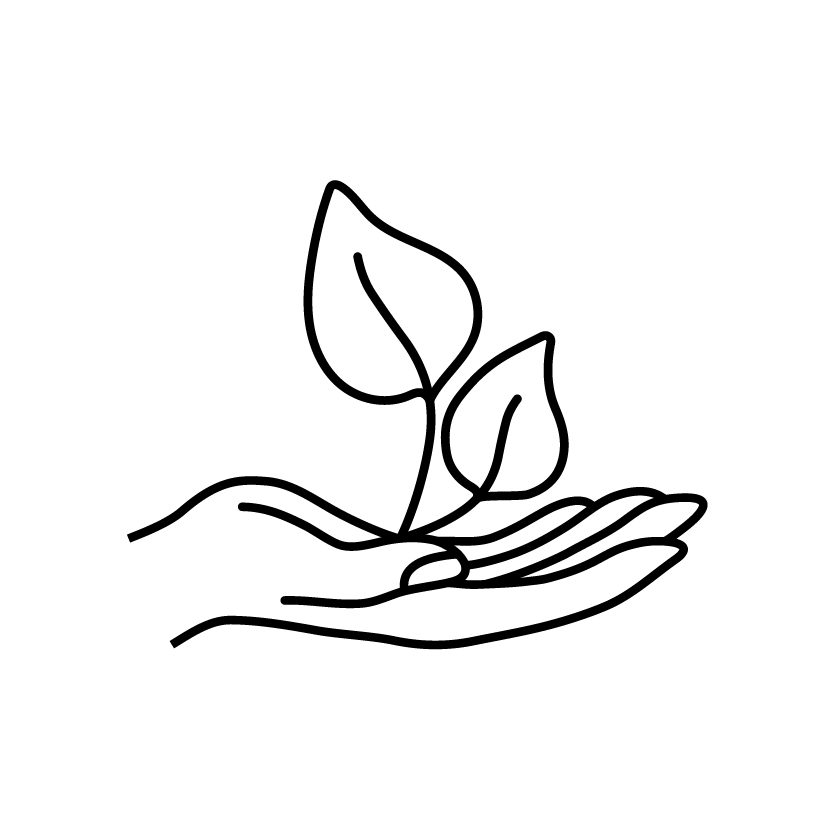
Eco Friendly
As our world turns increasingly toward cheap, readily available synthetic inputs, our belief is that naturally derived materials are still our best option for creating products that are in harmony with the world we share. Naturally grown materials such as organic cotton, natural latex rubber, and the use of renewable castor oil in our insoles make up 97% of the composition of our sneakers, while the use of water-based glues further help to reduce our impact on the workers making our products, and throughout the product's lifecycle. In addition our packaging & domestic shipping is entirely plastic free and we've just introduced compostable mailers for all international orders.
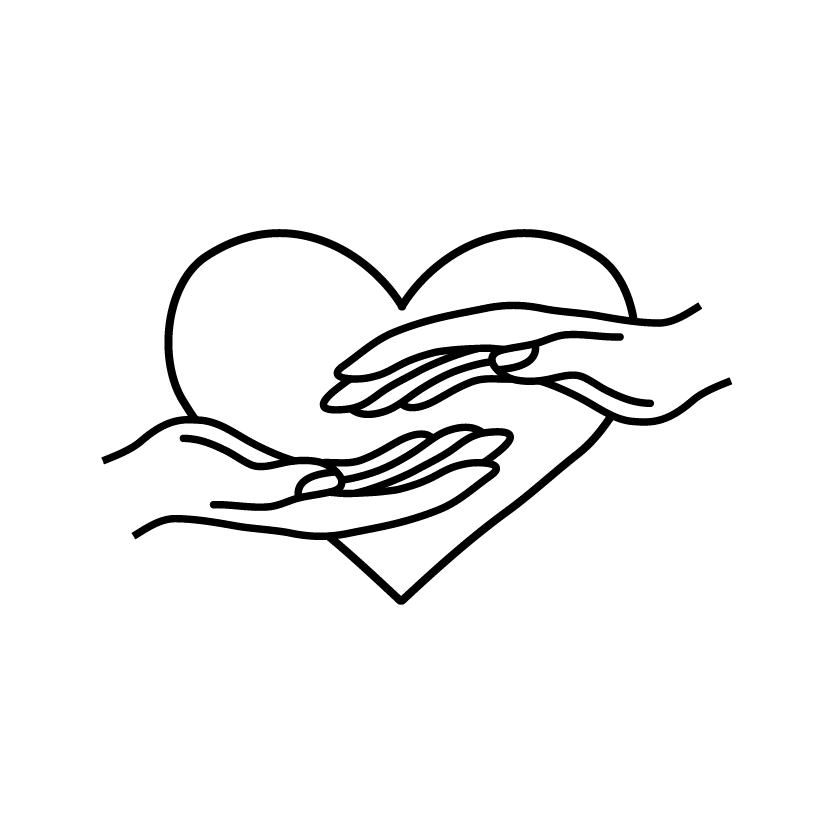
Fair
We work exclusively with a single factory for all our production. Based in Dongguan, Southern China, and run by a collective of New Zealanders, British, and Chinese, both Western and Eastern values are reflected throughout the workplace culture. They pride themselves in their commitment to ethical manufacturing. All workers are payed a living wage (including health insurance and pension contributions), are provided daily meals, on-site accomodation, as well as the option of free English classes. We visit regularly, working alongside the development and production teams sourcing, adjusting, and refining until products are ready to go to market.
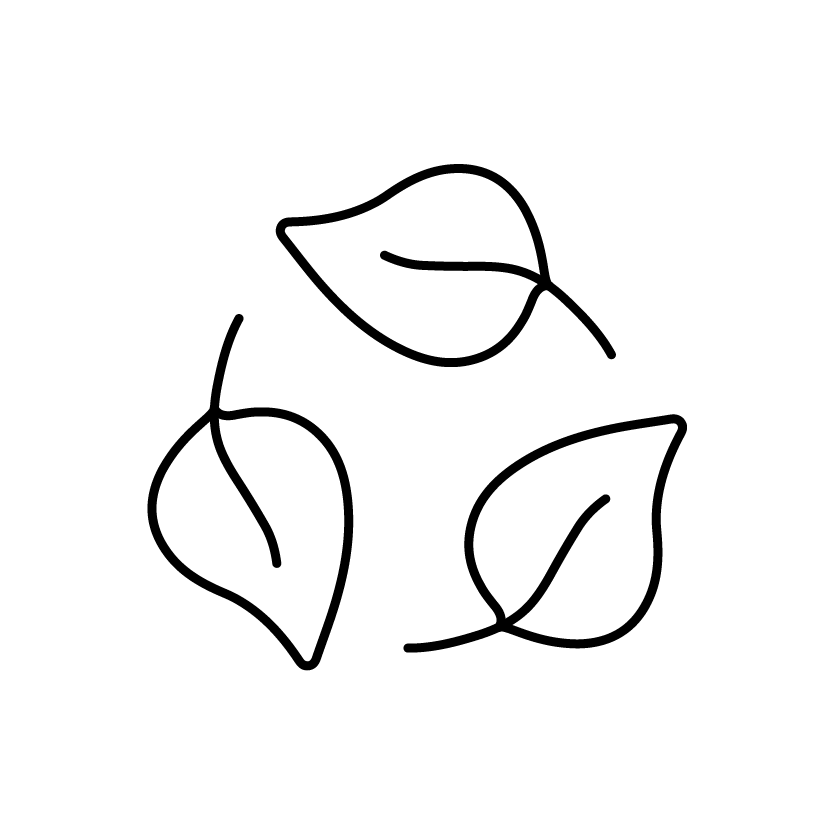
Minimal Waste
We're highly conscious that footwear are products that don't last forever and ultimately will need to be replaced. The sad reality is that footwear recycling is still in its infancy, particularly down here in the Southern Hemisphere, so our goal has been to maximise the use of natural, biodegradable materials. We're also in the process of launching a returns scheme that will allow customers to send back worn out pairs to be broken down and recycled/composted as responsibly as possible.
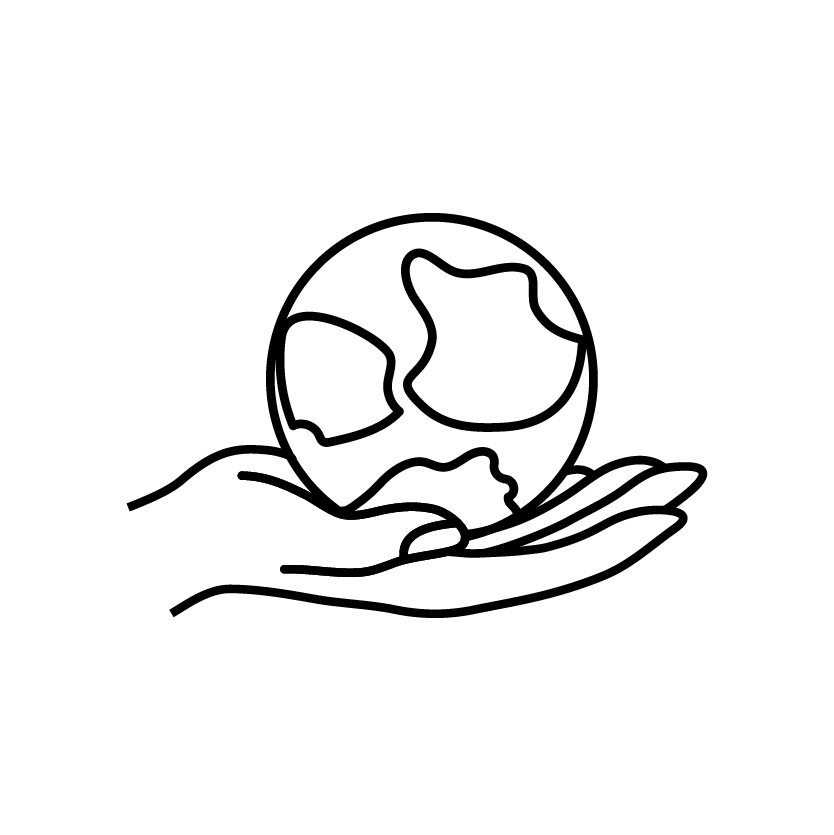
Give Back
For every shipment of new sneakers that arrives, we inevitably find the odd pair that isn't completely up to the standards we set for our products. It's usually small visual blemishes like a glue mark or a small stain that can't be removed. These 'imperfects' we sell at a discounted price and donate the proceeds to The Mental Health Foundation of New Zealand.
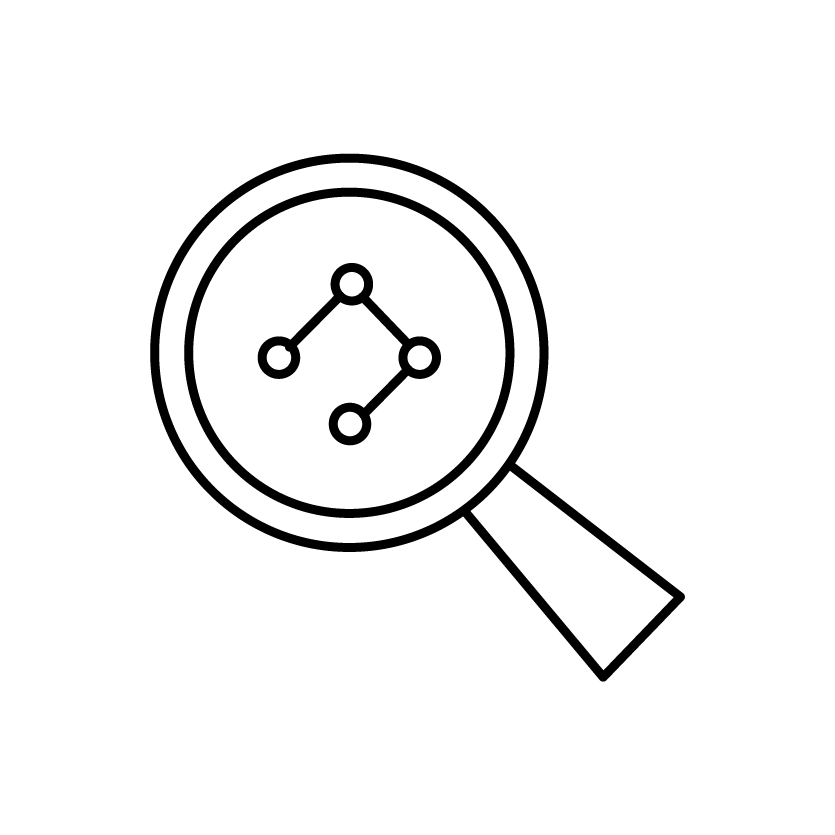
Transparent
We know and have personally sourced and developed a relationship with all of our major suppliers, however there are a few smaller components that go into our sneakers that we're still not completely satisfied with and are searching for more transparent alternatives.
Behind the Brand
“Over time I began to grow frustrated with certain elements of the modern footwear industry, namely its extremely fast-paced, trend driven nature. In my eyes this need for constant newness came at the expense of long term thinking and end-of-life considerations for the products I was seeing flood the market, and having spent a considerable amount of time working and travelling around Asia, I’d seen first-hand the impact our western consumption is having on the countries that are tasked with creating the products we consume every day.”.
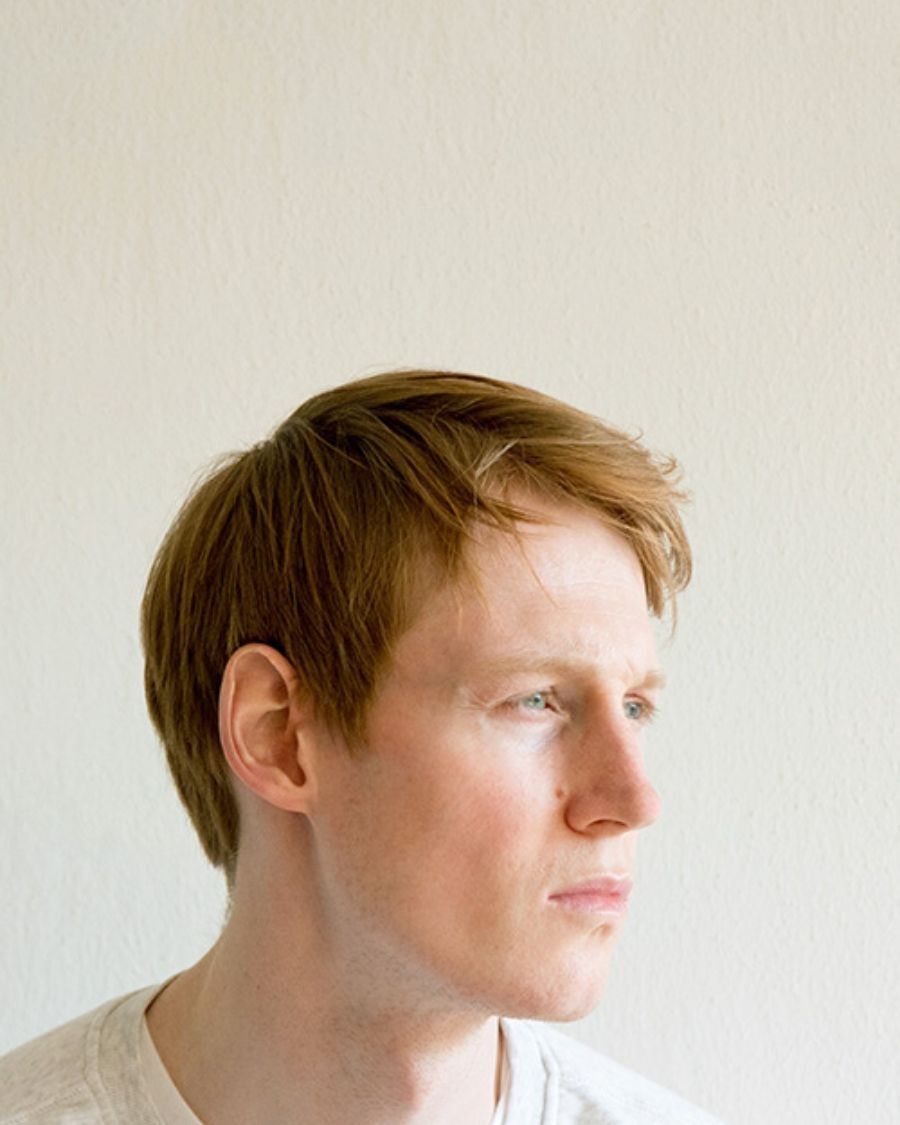
What made you start Collective Canvas?
My background is in footwear – my family history in the industry spans back four decades – so in a sense, I’d grown up surrounded by shoes my entire life. Throughout my 20s I worked in and around the industry in various roles, and this coupled with my family background has given me a fairly unique insight into how it has changed over the years.
Over time I began to grow frustrated with certain elements of the modern footwear industry, namely its extremely fast-paced, trend-driven nature. In my eyes this need for constant newness came at the expense of long-term thinking and end-of-life considerations for the products I was seeing flood the market and having spent a considerable amount of time working and travelling around Asia, I’d seen first-hand the impact our western consumption is having on the countries that are tasked with creating the products we consume every day.
I started Collective Canvas with a desire to create slow, simple, & transparent products – a clear alternative to the status quo.
Do you have a morning routine? If so what is it you do to set yourself up for the day ahead?
I’m a big proponent of having a fairly rigid morning routine, it seems to start my day off in the right direction and sets the tone for the rest of my morning.
I try my best to avoid looking at my phone for the first hour of my day (to varying degrees of success) and do 20 minutes of meditation first thing after waking, then get ready for the day. Breakfast is usually something quick – a couple of eggs, scrambled on a slice of sourdough, or peanut butter on gluten free toast. This year I’ve been trying my best to cycle to work whenever the weather is nice, although must admit it’s been less frequent now that we’re well into winter!
What’s the biggest barrier you’ve found to succeeding as a socially conscious business?
I think most of the barriers are ones that apply to starting any sort of business – the challenges of sourcing & developing a product from scratch, gaining initial awareness and traction when putting a completely new brand out into the market.
Of course sourcing is one of the biggest challenges as an ethical brand, and it can take a lot more time than would normally be spent by a typical fashion brand to find suppliers that share our values and commitment toward responsible production.
I also think a lot of consumers still have this preconceived notion that sustainable or ‘green’ products are going to fit a mould of looking quite ‘herbal’ (for lack of a better word) and speak in platitudes about saving the planet, when the reality is most modern socially conscious brands are simply started by people creating the products they want to see in the market and doing it in a way that feels true to their personal values.
Within the ethical fashion community, there’s a big question that we ask which is ‘who made my clothes?’. In the scope of your business, who made the things you sell? Can you tell us a bit about them?
We work exclusively with a single manufacturer based in Dongguan, Southern China, a region that could arguably be described as the footwear manufacturing capital of the world. Owned and run by a collective of New Zealanders, British, and Chinese, both Western and Eastern values are reflected throughout the workplace culture. They pride themselves in their commitment to ethical manufacturing. All workers are paid a living wage (including health insurance and pension contributions), are provided daily meals, on-site accommodation, as well as the option of free English classes.
Why did you pick the fabrics you have chosen to work with?
From the beginning, our goal was to minimise the use of cheap, readily available synthetics in favour of using naturally sourced and sustainable materials.
Naturally grown materials such as organic cotton, natural latex rubber, and the use of renewable castor oil in our insoles make up 97% of the composition of our sneakers, while the use of water-based glues further helps to reduce our impact on the workers making our products, and throughout the product’s lifecycle.
Of course, the reality is that nothing can last forever, eventually, all products will reach a point of being unusable, and sadly footwear (especially in our part of the world) usually ends up in landfill. Our intention is that through the responsible use of natural materials, the bulk of our sneakers are biodegradable at the end of their life.
Best piece of advice you have ever received?
As someone who has a tendency toward overthinking, being told that there’s never really a perfect time to start something was really helpful in getting moving and taking those first few steps.
Also that everyone lives life at their own pace, and that there’s nothing wrong with making mistakes, changing course or starting over – all that matters is you feel like you’re living life on your own terms and continually moving in a direction that feels right.
What’s next for you and your company?
Just to continue expanding throughout the NZ & AU markets, and to continue working toward improving how our products are made and what they’re made from. We’re looking to start working with hemp later this year, and will soon be offering a return service where customers can send back their sneakers at the end of their life to be recycled and composted.
One book everyone should read? Why?
Man’s Search for Meaning by Viktor Frankl feels like it should be compulsory reading for everyone growing up. Understanding that while we can’t always choose what happens to us in our lives, we always have the ability to choose how we react to those circumstances is incredibly powerful.
Are there any other Movers & Shakers out there in your world that you think people should know about?
Coming from New Zealand I’ve long been inspired by Gosia Piatek and the path Kowtow has helped pave for sustainable fashion brands. I’m a minimalist at heart and everything from their material choices to their store designs just feels right and at peace with me. I just wish they’d do a small men’s collection!
In the footwear industry, I’ve been quite inspired by Tull Price & his brand FEIT. He started Royal Elastics at a young age, later selling it to K-Swiss and, realising the impact the cheap, synthetic sneakers they were making were having on the environment, took a complete 180° and started FEIT with a focus on creating simple, minimal sneakers from entirely natural materials.

